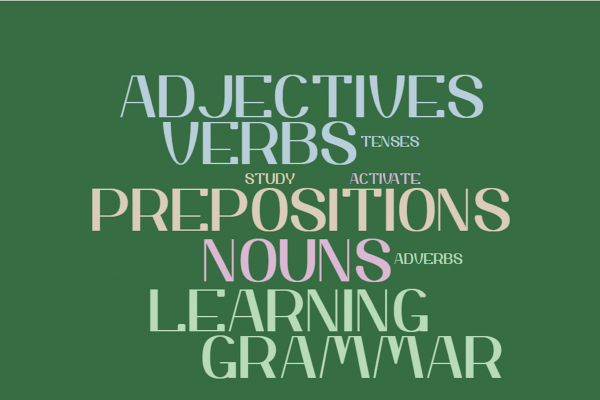In Igala language, like in many other languages, one word can produce diverse meanings, depending on the different tones used to articulate it. Some of these words are often categorized as homonyms and heteronyms. Let’s explore what they mean and look at some examples, using the unmarked word of the day: EBI. The unmarked form, ‘ebi’ is meaningless; but when it is pronounced with varied tone combinations, its meanings emerge naturally.
1. Homonym: ÈBI
A homonym is a word with the same spelling and pronunciation but different meanings based on context. The Igala word ÈBI (with low + mid tones) has three meanings:
-
- Prayer (noun):
Verb form: bìèbi – to pray. Also called “Èbi-Ọjọ́” (supplications to God).
Example: Nà á bìèbi w’Ọjọ́ – “I pray to God.”
- Prayer (noun):
-
- Plea (noun):
Verb form: bìèbi – bi onẹ̀ èbi means to plead with someone to do something.
Example: Èbi nà ábì ẹ́ ì – I am asking you for a favor; or I am making an appeal to you.
- Plea (noun):
-
- Beggary (noun):
Verb form: bìèbi – to beg.
Example: Èbi ì ábi – He/She begs.
- Beggary (noun):
2. Heteronym: EBI
A heteronym is a word that has the same spelling but different meanings based on variations in pronunciation. In Igala, the unmarked word EBI can be pronounced in various ways, each with a unique meaning:
-
- ÈBI (low + mid tones):
This pronunciation can mean prayer, plea, or beggary, as seen above.
- ÈBI (low + mid tones):
-
- ÈBÌ (low + low tones):
This pronunciation refers to a gap between the teeth (typically a diastema between the upper incisors).
Verb form: bìèbì – to have a gap between the two upper incisors.
Example: Ù che ébíébì – I have a diastema.
- ÈBÌ (low + low tones):
-
- ÉBI (high + mid tones):
This pronunciation has two meanings:
-
- Hunger (noun): The state of needing food.
Example: Ébi ákpa mí – “I am hungry” (literally, “Hunger is killing me”).
- Hunger (noun): The state of needing food.
-
- Slander or defamation (noun): Damaging someone’s reputation.
Verb form: kà-ebi (kebi) – to slander or defame.
Example: Mà ákebi onẹ̀ olóló – “They slander people a great deal.”
- Slander or defamation (noun): Damaging someone’s reputation.
-
- ÉBI (high + mid tones):
-
- ÉBÍ (high + high tones):
This word is a suffix phrase attached to certain nouns, denoting specific activities. Examples:
-
- Ọ́ma-ébí – Giving birth
-
- Úchu-ébí – Producing large tubers (in root crops). Úchu-ébí dugbo ọfú-anẹ̀ – Yields of large yams depend on soil fertility.
-
- Ómi-ébí dufù kwéfu anẹ̀ – The act of water welling up from the soil.
-
- ÉBÍ (high + high tones):
These examples illustrate how tones are crucial in determining the meanings of words in Igala. With variations in tone, the word EBI has taken on entirely different meanings, as you can see.









